Hanoi and Ho Chi Minh City strive to have AQI at a safe level in the next 5 years.
The Government Office issued Notice No. 153/TB-VPCP on the conclusion of Deputy Prime Minister Tran Hong Ha at the meeting on comprehensive and urgent solutions to handle air pollution in major cities.
The announcement stated: Air environment management is an interdisciplinary and inter-sectoral issue, requiring unity in direction and synchronization in implementation. In recent times, the Party and State have paid great attention and given strong direction on this issue. However, air pollution in many localities across the country continues to increase in both scale and severity, especially in large cities such as Hanoi and Ho Chi Minh City, affecting socio -economic development, people's lives and health.
The main causes are dust and emissions from vehicles, construction activities, industrial and agricultural activities with large emissions that have not been effectively controlled; the implementation of legal regulations, programs and tasks on air pollution control is not synchronous and effective.
To address the increasingly serious air pollution affecting people's health, the Deputy Prime Minister requested relevant ministries, branches and agencies to focus on implementing specific solutions, clear responsibilities and a roadmap to improve the situation as soon as possible.
Implementing a green transition roadmap in public transport
In particular, the Deputy Prime Minister requested the People's Committees of Hanoi and Ho Chi Minh City to urgently deploy tasks and solutions to overcome the pollution situation so that in the next 5 years, the target of air pollution index (AQI) at a safe threshold for human health is achieved.
Specifically, Hanoi and Ho Chi Minh City must immediately carry out the inventory of emission sources, assess the current state of the air environment; develop a 5-year and annual action plan, in which, identify targets, assign specific tasks, and require reduction of emission quotas for each sector each year to evaluate the implementation as indicators on socio-economic development.
Urgently issue and implement mechanisms and policies to support the collection and recycling of construction solid waste; encourage people to use public transport and switch to green, low-emission vehicles; issue and implement local emission standards that are higher and stricter than national standards and national technical regulations in May 2025.
Implement a green transition roadmap in public transport, organize reasonable measures to regulate means of transport, recall and eliminate outdated, old, and dilapidated motor vehicles that do not meet circulation standards and cause environmental pollution; research solutions for low-emission zones in localities and implement them when conditions permit.
Immediately implement measures to manage waste and emissions generated from construction and urban development activities to minimize emissions and dust; apply solutions and means to remotely, regularly and continuously monitor construction activities, collection, transportation, dumping, treatment and recycling of construction waste at each project as well as throughout the area; promptly detect and strictly handle violations and violators; propose to amend and supplement administrative fines in a more severe direction; strengthen the authority to impose fines for ward, commune and local police in the area.
Convert industrial clusters into industrial zones
The Deputy Prime Minister requested Hanoi and Ho Chi Minh City to urgently implement measures to manage, monitor, inspect and examine compliance with environmental protection laws; strictly handle violations. Proactively research and develop plans to relocate and convert industrial clusters into industrial zones, propose and report to competent authorities for consideration and decision.
Invest in increasing the density of air monitoring stations to ensure regular, continuous, and periodic operations, with the ability to increase frequency during seasonal changes, transmit data to management agencies, provide public information to people and society; strengthen the implementation of strong communication activities for people and businesses to raise awareness of compliance with legal regulations.
Research and development of technology for recycling straw and by-products in agricultural activities
The Deputy Prime Minister assigned the Ministry of Agriculture and Environment to preside over and coordinate with relevant ministries and branches to focus on directing and guiding localities to immediately carry out the inventory of sources of emissions into the air, build a database of sources; develop a National Plan on air quality management for the period 2026 - 2030, in which specific annual targets are determined, specific responsibilities are assigned, and quotas are assigned to sectors and localities to implement as targets for socio-economic development.
At the same time, take the lead in coordinating with the Ministry of Construction, the Ministry of Industry and Trade and other ministries, branches and localities within the scope of assigned functions and tasks, promptly review current legal regulations, mechanisms and policies related to environmental protection, especially air environment; promptly detect shortcomings, propose solutions or amend and supplement according to authority; issue national technical regulations on emissions of automobiles and motorbikes in circulation in April 2025.
Research and develop mechanisms and policies to support and develop activities and solutions for collecting and recycling straw and by-products in agricultural activities, and encourage low-emission farming models to issue under authority or report to competent authorities for consideration in May 2025.
The Ministry of Agriculture and Environment shall preside over and coordinate with relevant ministries and branches to review, promptly amend and supplement sanctions to strictly handle violations of environmental laws, intentional exploitation and emission of waste into the air environment during waste collection, transportation and treatment activities; handle according to criminal law a number of violations that seriously affect people's health.
Immediately deploy the construction of an environmental database connecting local automatic air quality monitoring and monitoring stations.
Organize inspection teams for industrial clusters and highly polluting facilities
The Ministry of Agriculture and Environment shall preside over and coordinate with the Ministry of Industry and Trade to organize an interdisciplinary inspection team of industrial clusters, craft villages, and highly polluting establishments in Hanoi, Ho Chi Minh City, and a number of other localities across the country; to be completed by July 2025.
Promote communication activities to raise awareness of the whole society about the responsibility of protecting the air environment, support and jointly implement solutions with the Government; coordinate with localities to propagate to each person, each enterprise and cooperative about the benefits of applying technical and technological solutions in collecting and recycling by-products in agricultural activities.
The Ministry of Construction urgently reviews and studies the development of national technical standards on the management, treatment and recycling of waste from construction materials to make raw materials for other production activities. Research and propose mechanisms and preferential policies to support the collection, treatment and recycling of waste from construction materials to make raw materials for other production activities.
The Ministry of Industry and Trade and the Ministry of Finance issue mechanisms on incentives for change, fuel conversion, vehicle conversion, processing technology conversion, green infrastructure development in urban areas...
Ministries, branches and localities must immediately review environmental sanitation equipment in the area (poor quality and inefficient blowers and machinery) to ensure that they meet environmental standards and regulations, follow proper procedures and instructions for use to ensure that their use does not cause emissions into the air, violate environmental protection regulations, or cause public opinion.
The Deputy Prime Minister requested the People's Committees of provinces and centrally run cities to focus on implementing Decision No. 1973/QD-TTg dated November 23, 2021 approving the National Plan on Air Quality Management for the 2021-2025 period, Directive No. 3/CT-TTg dated January 18, 2021 of the Prime Minister on strengthening air pollution control; focus on immediately implementing the inventory of air emission sources, building a database of emission sources connected to the database of the Ministry of Agriculture and Environment; invest in connecting automatic, continuous, dense air monitoring stations to meet the requirements of regular, continuous, periodic monitoring and supervision, with the ability to increase frequency during seasonal changes, and transmit data to management agencies.
At the same time, provinces and cities must immediately implement measures to manage waste and emissions from construction, traffic and industrial activities; develop green spaces in urban planning and construction. Strengthen inspection and supervision of compliance with environmental protection laws; strictly handle violations.
Deploy technical guidance for people, businesses, and cooperatives to implement technical and technological solutions in collecting and recycling by-products in agricultural activities, raising awareness of the harmful effects of old and outdated processing methods such as burning straw, etc.
Phuong Nhi
Source: https://baochinhphu.vn/ha-noi-thanh-pho-ho-chi-minh-phan-dau-5-nam-toi-chi-so-o-nhiem-khong-khi-o-nguong-an-toan-102250404103036403.htm


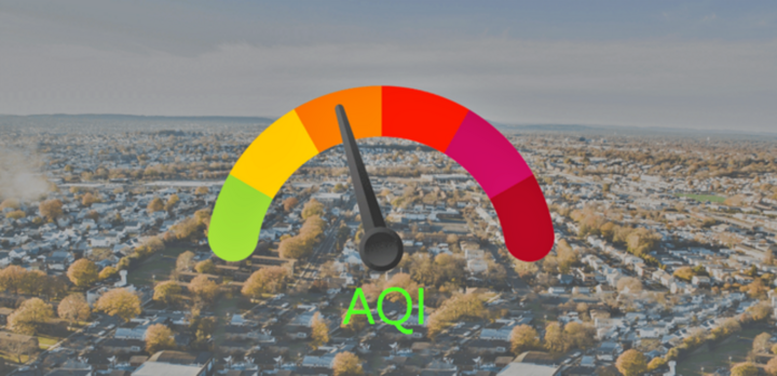



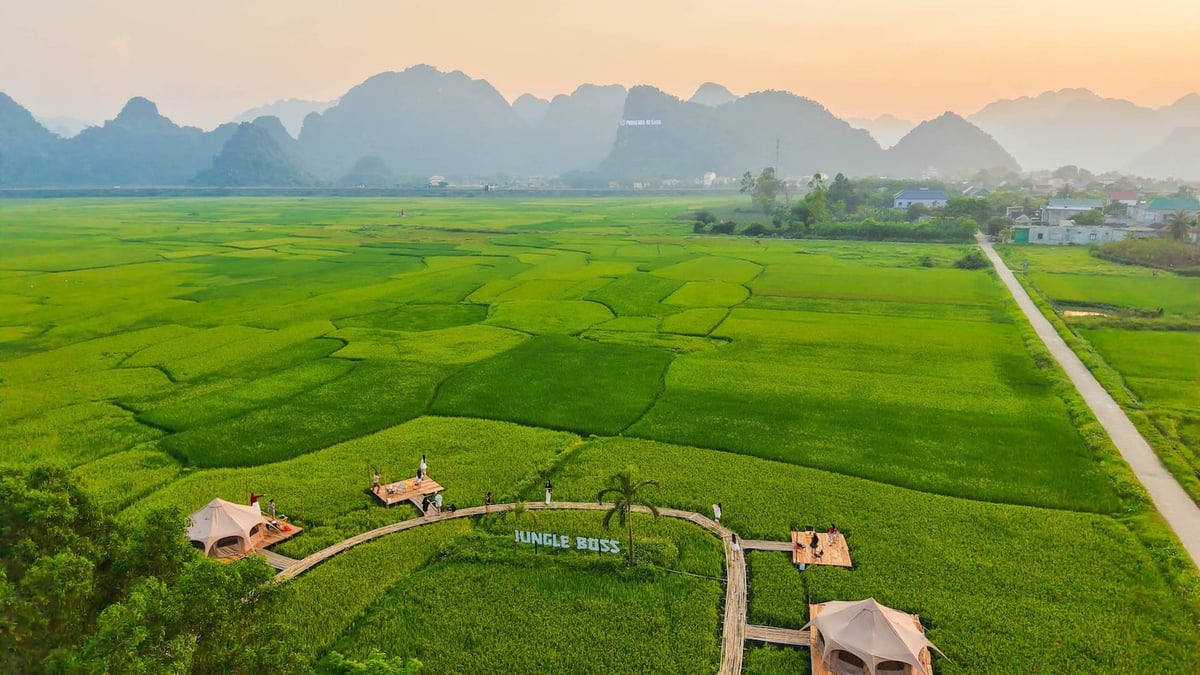




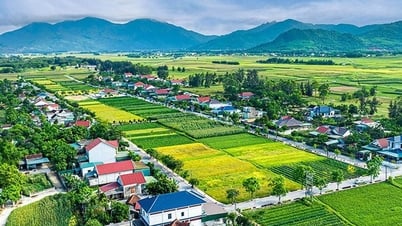
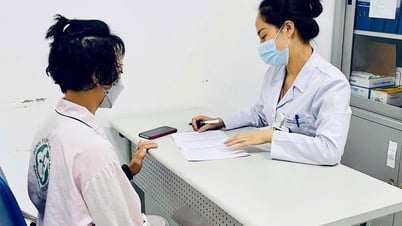

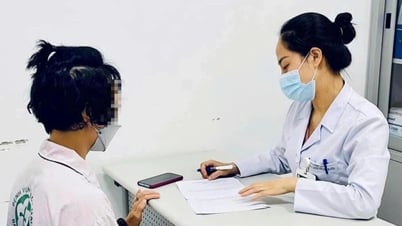

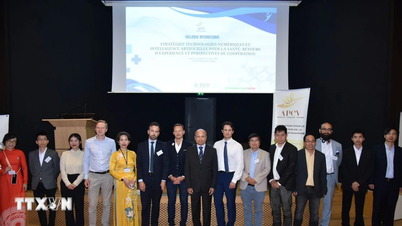

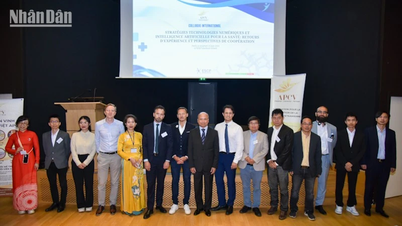





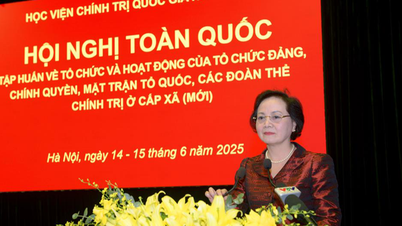
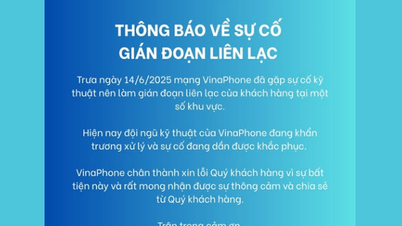
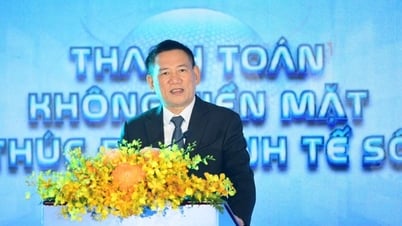

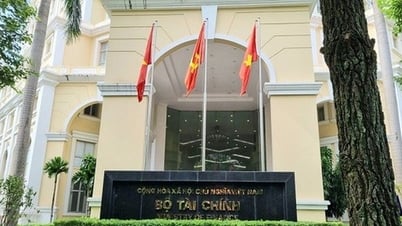
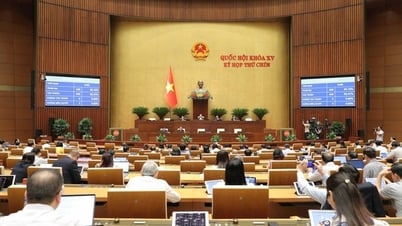






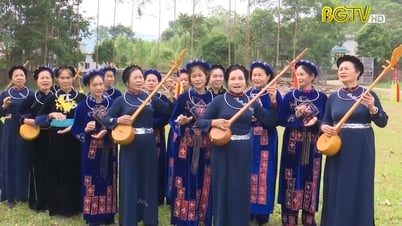










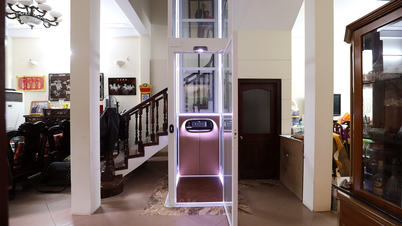









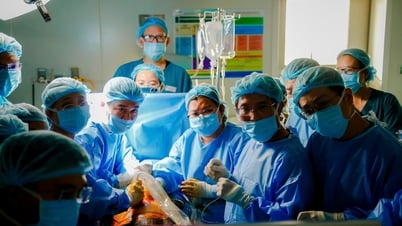









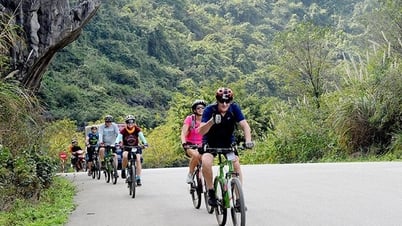
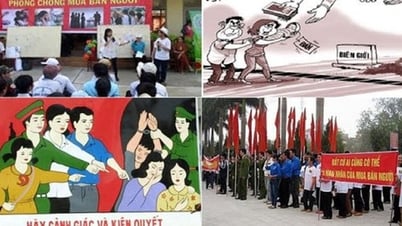
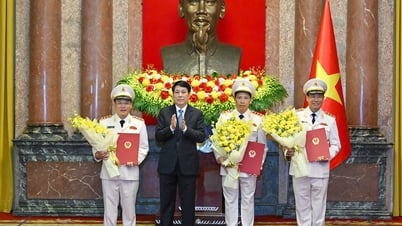

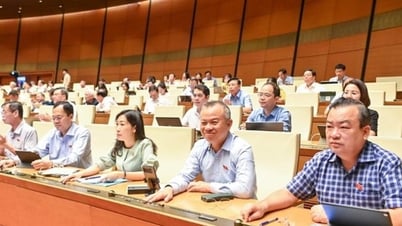





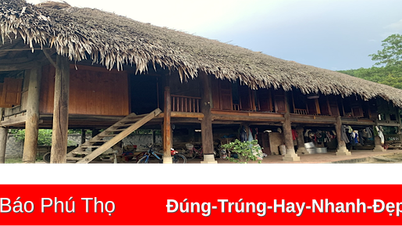




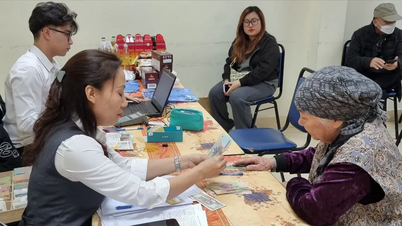






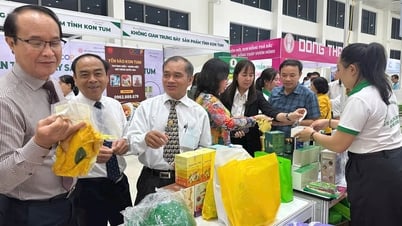






Comment (0)